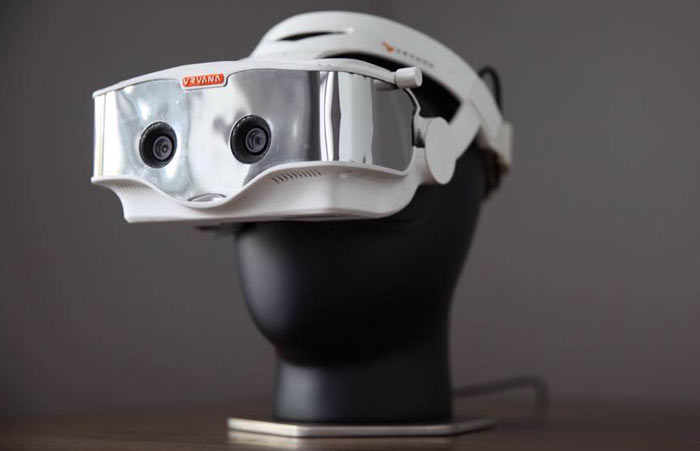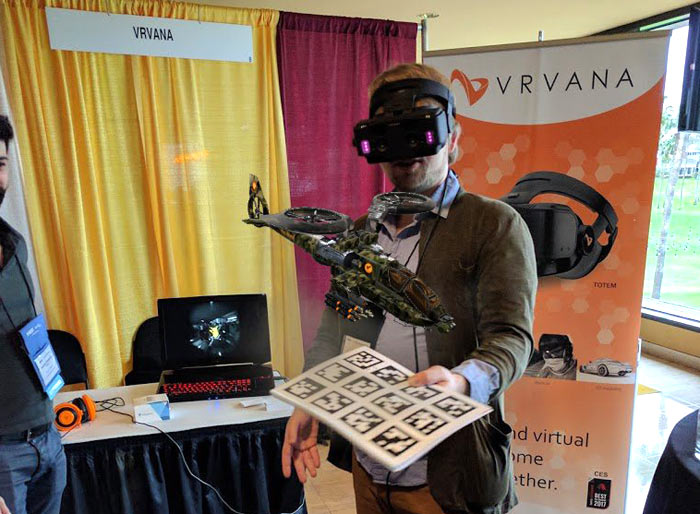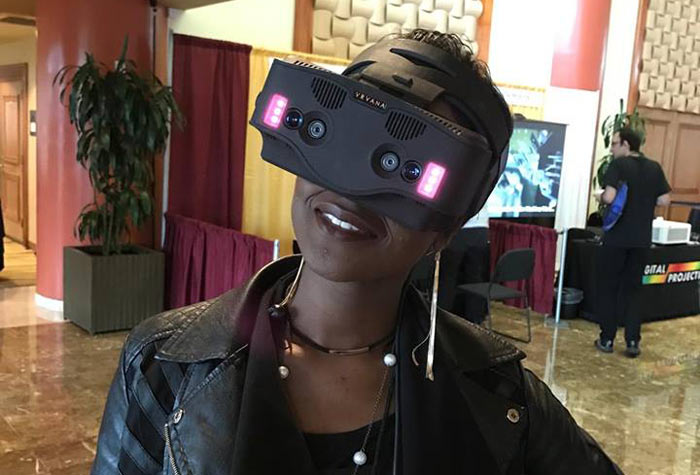Back at the CES 2017 at the beginning of the year a little known Canadian startup Vrvana was showing off its Totem mixed reality headset and garnered critical acclaim. Several months later and the impressive VR / AR headset is yet to ship, and now it looks like it will never do so under the Vrvana brand, as the firm has just been purchased by Apple.

Both Apple and Vrvana have declined to comment on the news but the usually reliable TechCrunch has heard from two sources about the deal. The bottom line is that Apple has bought Vrvana for approximately US$30 million, according to sources. With both sides being tight lipped its uncertain about what Apple will do with Vrvana but last year Apple CEO Tim Cook seemed to lean towards AR being a better bet than VR and Vrvana would fit in well with this goal.

Vrvana's unreleased Totem headset teased the provision of 'extended reality' which utilised key tech from VR and AR on a single headset. The mixed reality prototype "relied on several forward-facing pass-through cameras to replicate the outside world on its OLED displays inside the headset," reports TechCrunch. Furthermore, the device provided 6DoF tracking while also using infrared cameras to track a user's hands. Vrvana's approach meant that it could overlay full opaque objects onto reality, rather than the ghost-like projections of other headsets which can't display black. Importantly Vrvana had tackled the latency issues of such systems too, getting it down to 3ms or so. (If you want to see an earlier version of the Totem HMD you can check out the failed Kickstarter campaign page here.)

While we have some details of the Totem, it doesn't represent the full spectrum of Vrvana's activities. The Canadian startup has also contributed to projects for the likes of Valve, Tesla, Audi and others under NDA.
Other recent VR / AR industry acquisitions by Apple include SMI, an eye-tracking firm, plus Flyby Media, Metaio, and Faceshift.






